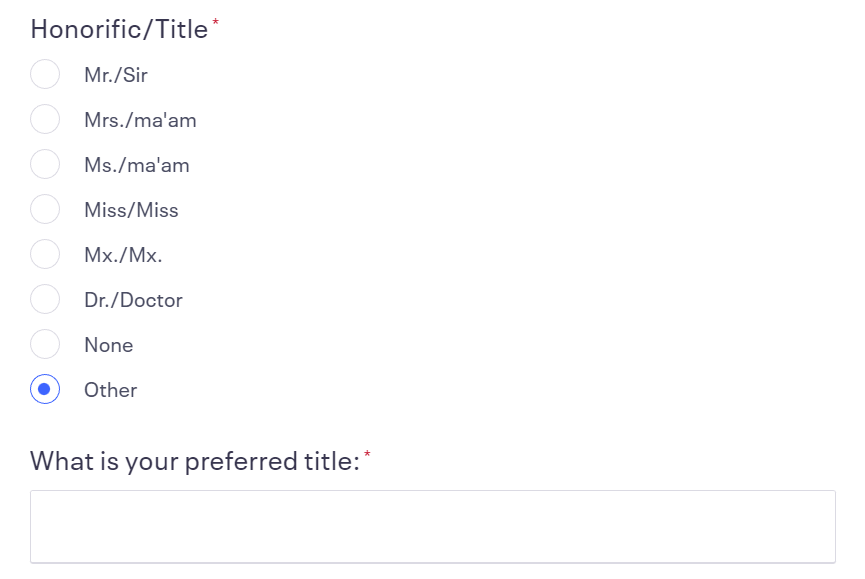I am manning the front desk at a tech conference and I ran into a situation where I did not know if I should address an individual with Sir or Ma'am. My salutation is "Hello Sir/Ma'am Welcome to Tech Camp! How may I help you?"
But given the sensitive topic, I am at a loss as to what to say.
I've reached out to the conference's organizers, but my immediate supervisor cannot be reached (phone, slack, text) or found.

